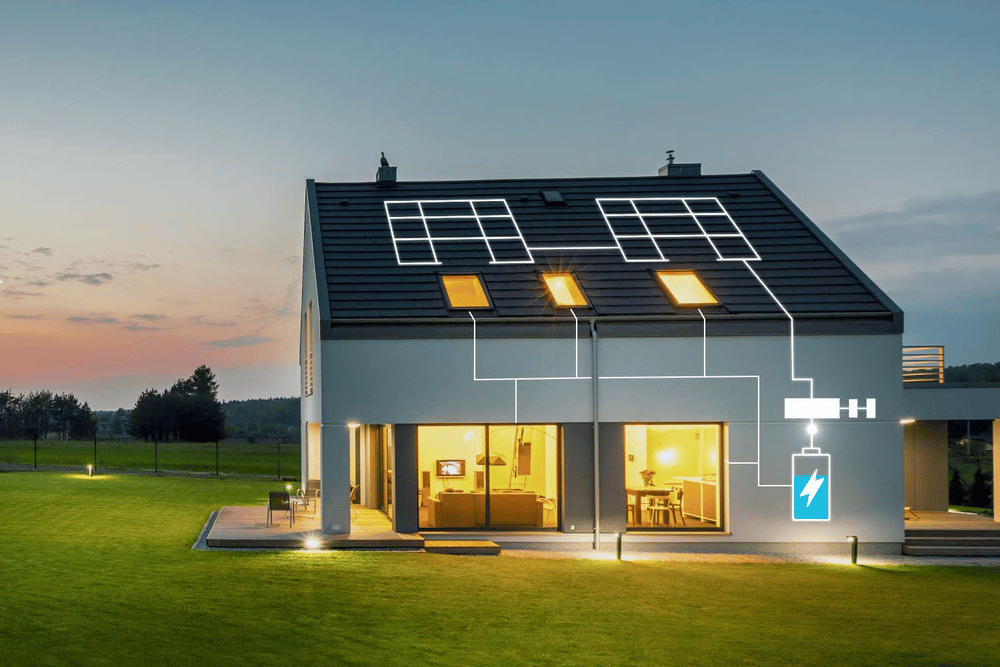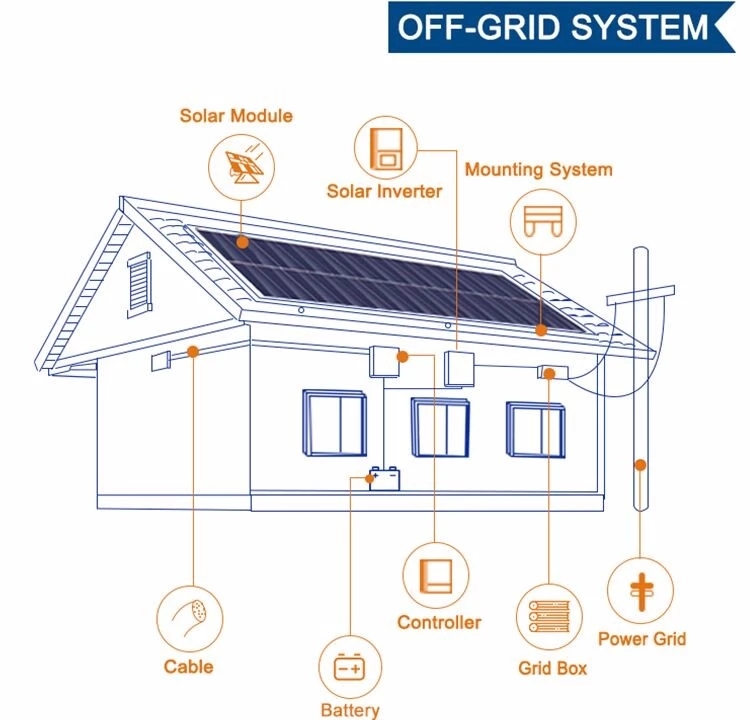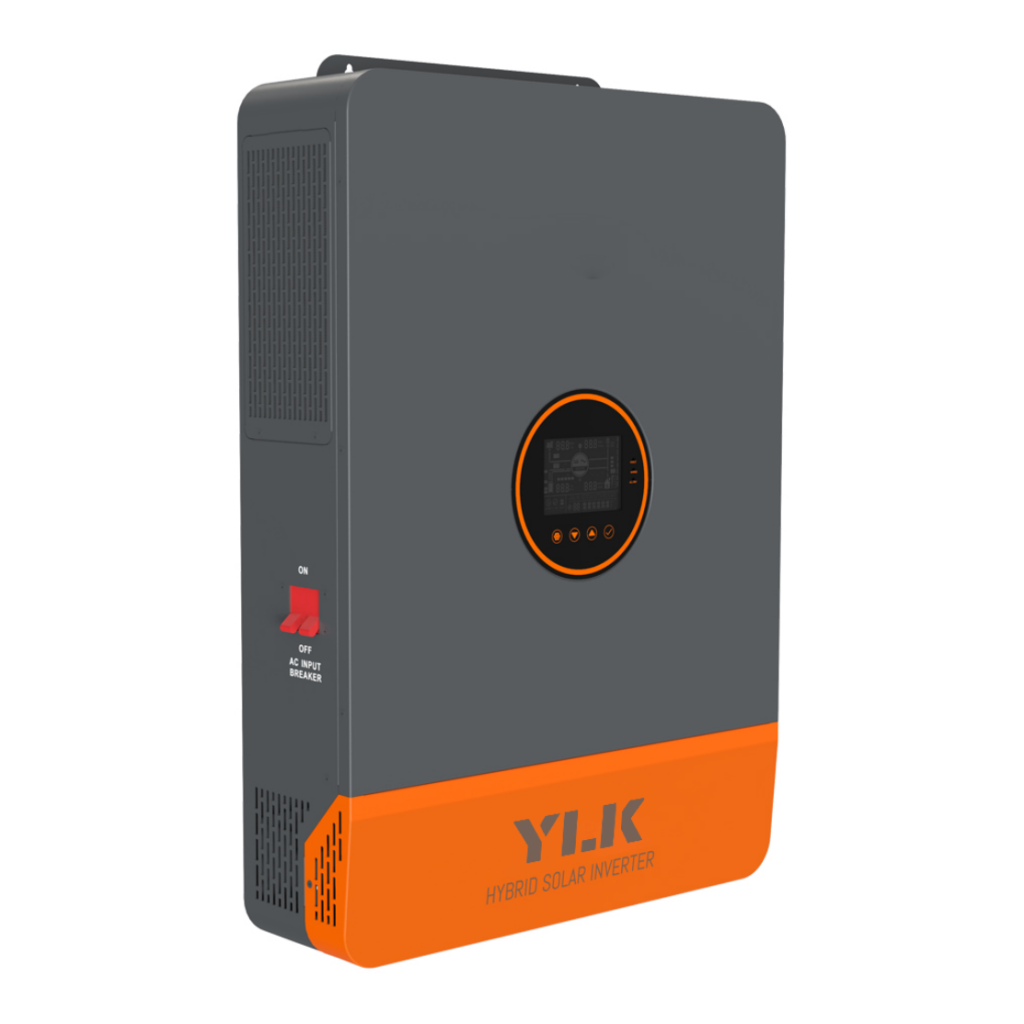Unveiling the Power Trio: Off-Grid, On-Grid, and Hybrid Inverters - Discover the Differences and Choose Wisely!
In solar power generation systems, inverters are one of the key components that convert direct current to alternating current to meet domestic, commercial or industrial electricity needs. When choosing an inverter, there are several different types to choose from, including off-grid inverters, grid-connected inverters and hybrid inverters. This article will explore the differences between these inverters and provide some guidance on choosing one that suits your needs
Off-grid inverter:
Off-grid inverters are mainly used in off-grid solar systems, that is, independent systems disconnected from the public grid. It converts direct current collected by solar panels into alternating current to meet the electricity needs of a home or building. Off-grid inverters can also store excess electrical energy in batteries for use at night or during low energy generation. Off-grid inverters are not dependent on the public grid, making them very useful in remote areas or places without grid access.


Grid-connected inverter:
Grid-connected inverters are used to connect the electricity generated by solar power systems to the public grid. It converts direct current generated by solar panels into alternating current that matches the public grid and injects excess power into the grid. This allows your solar system to sell power to the grid during the day when it produces excess power, while buying power from the grid at night or when energy is low. Grid-connected inverters are suitable for users who want to stay connected to the grid and enjoy solar subsidies or electricity bill credits.
Hybrid inverter:
Hybrid inverter is a kind of inverter that combines off-grid and grid-connected functions. It can operate as an off-grid inverter when there is no grid access and switch to grid-connected mode when there is grid access. The advantage of hybrid inverters is that they provide backup power in the event of a grid outage and maximize the use of solar power generation and grid power when the grid is available. This makes hybrid inverters ideal for users who want to maintain continuous power supply during power outages and enjoy the advantages of being connected to the grid when there is a grid.
How to choose an inverter?
System type:
Determine whether your system is off-grid, grid-connected, or hybrid in order to select the appropriate inverter type.
Power requirements:
Determine the power capacity of the inverter according to your power needs to ensure that it can meet your maximum load needs.
Reliability:
Choose a reliable brand and a good reputation of the inverter to ensure that it is stable and reliable in long-term operation.
Inverter efficiency:
Focus on the efficiency level of the inverter, efficient inverters can maximize the conversion of solar energy, reduce energy loss.
Warranty and after-sales service:
Understand the inverter warranty period and after-sales service support, in order to obtain timely technical support and repair services when needed.
Try clicking on the product image to learn more about the product





